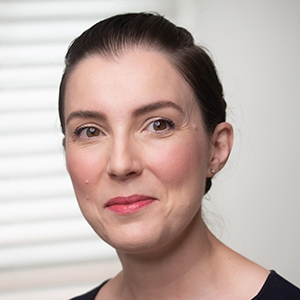Clinical practice comes with huge pressures, which sadly can damage family relationships. Whilst there has been no research to suggest that doctors, surgeons, nurses and other healthcare professionals have higher divorce rates than other professions, there are large numbers of people working in the NHS and private practice in the UK who will inevitably experience separation, divorce or issues around arrangements for children. All should get advice from family lawyers – some will need healthcare regulatory or specialist criminal law advice too.
Family cases can involve allegations of abusive behaviour such as coercive control, bullying, or mental, physical or sexual abuse against a spouse, child or someone else. The alleged victim may report the allegation to the police and there can also be allegations of financial dishonesty, such as where a spouse accuses the other of hiding assets or lying about earnings.
Such allegations are always difficult, but the stakes and risks are increased for regulated healthcare professionals. They are subject to strict codes of professional ethics and strong regulatory oversight. Even where an allegation of abuse or dishonesty about finances is purely in relation to their personal life, the regulator has jurisdiction to investigate and assess whether fitness to practise is impaired.
If the police investigate, then it is absolutely essential that the healthcare professional has advice and representation from a lawyer with expertise in both criminal and healthcare regulatory law. Generalist criminal lawyers may well not appreciate that, whilst actions such as accepting a caution may be sensible for a lay person, they may be professionally disastrous for a regulated healthcare professional.
The regulator’s role in an investigation
The regulator could investigate alleged abuse or financial dishonesty in the context of a family law matter. This might be in response to a report from the accuser, or because the healthcare professional has been obliged to self-refer – a question that needs specialist advice in itself. If the regulator investigates, this can cause enormous problems for the healthcare professional. They could be suspended or have restrictions placed on their practice pending the full investigation, affecting their ability to earn at a time when the underlying family law matter might already be causing financial hardship. Having an open regulatory or police investigation might also increase premiums for the medical indemnity needed for private practice. There is also the additional stress and emotional upset, as well as reputational damage, this can cause at an already difficult time.
If in due course the regulator came to a view that the professional’s fitness to practise was impaired, the consequences for the healthcare professional would be even worse, ranging from warnings or conditions on their practice to suspension or even erasure.
Many (but not all) healthcare professionals have the benefit of medical indemnity that can fund the costs of representation in regulatory or criminal investigations, even where the question about their fitness to practise arises from allegations in a family law matter rather than from an incident at work.
It can be hard to predict at the outset what accusations might be made later on when feelings might be running very high, especially as the investigation progresses and more information comes to the fore. Specialist family and healthcare regulatory and criminal lawyers working closely together can ensure that the client’s evidence and arguments are always presented in the optimal way, taking into account the strategic issues in all the interrelated proceedings. Healthcare professionals’ interests have to be protected in terms of their family law matter, but just as importantly in terms of their criminal record, career and continued right to practise.
If you are a healthcare professional and have questions about any of the issues raised in this article, please contact Tracy Sell-Peters, Joanne Staphnill or Laura Brown.
This article is for general information purposes only and does not constitute legal or professional advice. It should not be used as a substitute for legal advice relating to your particular circumstances. Please note that the law may have changed since the date of this article.



